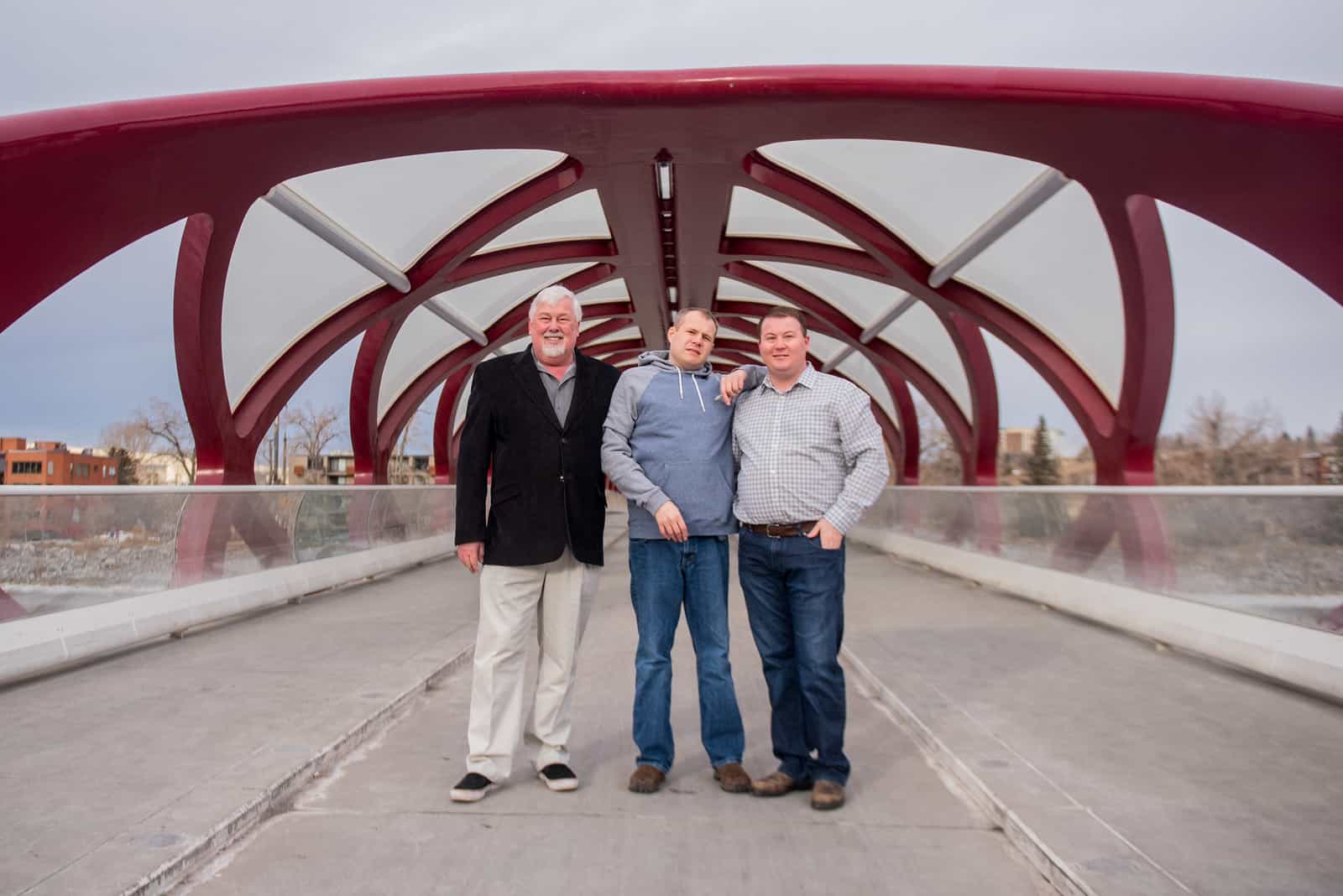 The MESH Network integrates multiple services to help clients flourish
The MESH Network integrates multiple services to help clients flourish
MANY SOCIAL ISSUES are interrelated, meaning vulnerable people often cope with multiple challenges—mental illness, addiction, unemployment and homelessness, for example. “Very rarely does someone show up for employment services without a whole bunch of other things going on,” says Melanie Mitra, CEO of Prospect Human Services, which spearheaded the formation of the MESH Network. “Based on our experience delivering employment services to a broad range of individuals, we recognized that within the current service system, and within the way that funding protocols and eligibility criteria were set up, there were limits to what you could do with an individual,” Mitra says. For example, she says, people seeking employment services must first deal with housing and addiction issues. “We recognized there had to be a better way to provide service to the populations we serve—a way to reduce the complexity of the system they had to navigate to get to the services,” Mitra says.
So Prospect Human Services began to engage other Calgary-based agencies to overhaul how they deliver their programming. That is how the MESH (mental health, employment, substance abuse and housing) Network came to be. “The MESH Network goes beyond collaboration; it’s true integration,” Mitra says. “It’s as if we’re one organization.” With funding from the Calgary Foundation, the MESH team developed innovative cloud-based software that enables the five partner organizations to share case management and service delivery, as well as track and share information about clients. This is the in-depth, real-time knowledge that makes it possible for these agencies to truly integrate their services and work as one. “Best practice with a client is that they have a team working for them, and a team that talks together,” says Callum Ross, advocacy and policy lead with the Canadian Mental Health Association, Calgary Region. “We know the theory, but something like MESH has really put that into practice.”
THE MESH NETWORK is in a pilot phase until the end of 2017 and it has already accepted 60 clients of its goal of 150, given this degree of success, organizers hope to make it permanent. “More than 85 per cent of clients have identified mental health care as a need,” Ross says. “MESH is the one collaboration that impacts our services the most, because it asks us to work together. We are meeting clients faster than we have ever done.” Mitra hopes the MESH model goes on to serve as a blueprint for other complex social issues. “We are demonstrating that we can achieve better outcomes by working this way,” she says.
Story By Paula Trotter



